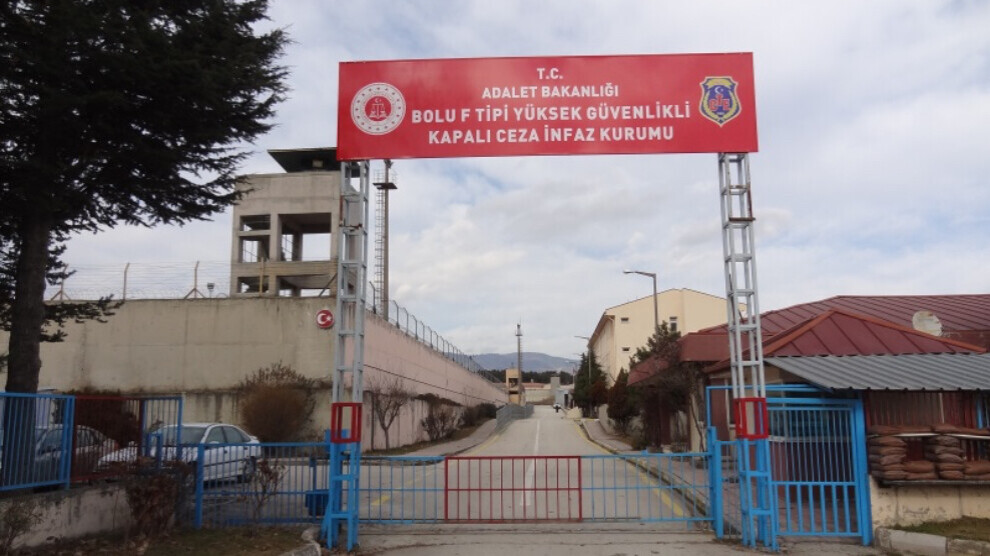Report exposes serious human rights violations in Bolu Prison
A new report by DEM Party MP Newroz Uysal Aslan reveals serious human rights violations in Bolu’s high-security prison and urges the Turkish parliament to take immediate action.
A new report by DEM Party MP Newroz Uysal Aslan reveals serious human rights violations in Bolu’s high-security prison and urges the Turkish parliament to take immediate action.

DEM Party MP Newroz Uysal Aslan has published a detailed report documenting severe and systematic human rights violations in Bolu F-Type High-Security Prison. The report outlines numerous infringements on the fundamental rights of political prisoners—from medical care to freedom of expression—and calls on the Turkish Grand National Assembly to respond urgently.
Based on observations and feedback gathered over the past three weeks, the report contains what Uysal Aslan describes as “alarming” evidence of structural deficiencies in the prison system. The MP calls for these practices to be halted immediately and for an independent investigation by the parliamentary Human Rights Commission.
Restricted access to medical care
Of particular concern is the situation of ill prisoners. According to the report, many are either not transferred to hospitals at all or are subjected to degrading conditions during medical visits—such as being shackled or placed under armed guard—which leads some to forgo treatment entirely. For severely ill inmates, this could be life-threatening.
Suppression of the Kurdish language
Another major concern is the treatment of Kurdish-speaking prisoners. Letters written in their mother language are reportedly withheld on the grounds that prison staff cannot understand them. The administration allegedly requires prisoners to pay for translation services themselves. This is viewed as a clear violation of the right to communicate in one’s mother tongue and as part of a broader repressive assimilation policy.
Censorship of books, newspapers, and personal notes
Inmates are limited to possessing three books, and critical publications such as Özgür Politika, Ronahî, and Demokratik Modernite are frequently confiscated. Even personal notebooks and calendars are reportedly seized—an act Uysal Aslan describes as a direct assault on freedom of expression and information within the prison system.
Interference with the 'Right to Legal Defense'
The report also highlights troubling restrictions on prisoners’ right to communicate with their lawyers and MPs. Letters are often withheld under vague claims that they may cause “public outrage.” This, the MP argues, not only impairs legal defense but also infringes on the public’s right to be informed.
"Good Conduct" used as a tool of coercion
The report states that assessments of “good conduct”—a requirement for early release—are increasingly being used arbitrarily to pressure inmates. Political beliefs or associations within the prison are cited as reasons for denying sentence reductions. Disciplinary boards are effectively assuming judicial powers, while appeals against their decisions are routinely dismissed without proper justification.
Call to Parliament
Uysal Aslan urges parliament, particularly the Human Rights Commission, to take immediate action. She demands:
Unrestricted access to healthcare for ill prisoners,
An end to all forms of discrimination against the Kurdish language,
Lifting of censorship on publications and correspondence,
And full legal oversight of disciplinary and parole procedures.
“We call for prison practices that respect human dignity,” said the MP. “Justice must not be reduced to vengeance—it must be rooted in healing and restoration. Bolu’s F-Type prison is just one example. But the fight for justice will continue until the system truly changes.”